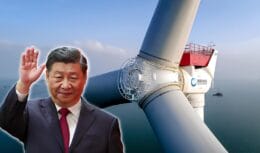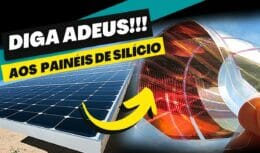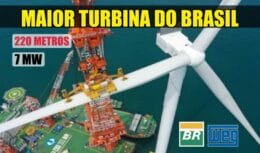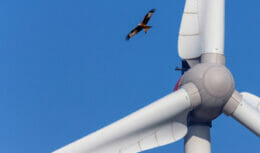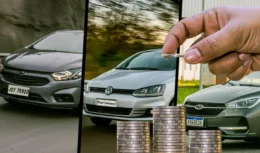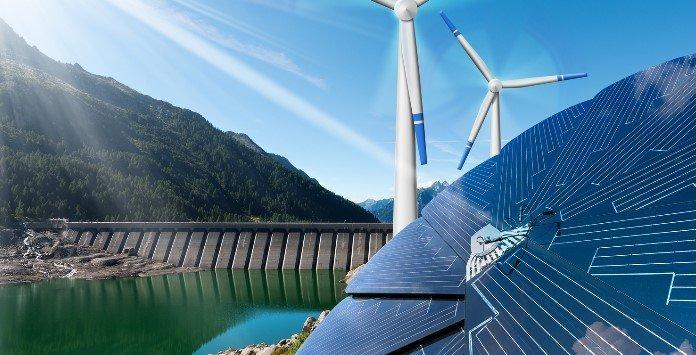
Find out what role renewable energies will play in the coming years for the Brazilian energy matrix
In the debate, FGV argues that, however accelerating, the transformation of the world energy matrix, still today based on the oil sector and whose industry defined the contemporary era, will have profound consequences on the global order. It is already clear that each country will make the energy transition that it can, knows and fits.
Read also
- Shell to begin construction of the Macaé Marlim Azul thermoelectric plant next month
- Shell to cut spending on oil and gas projects and focus on renewable energy market
- In FGV Webinar experts say that Port Privatization is an example to be followed for a successful market
- Brazil remains consistent and closes April with daily production of 2,958 million barrels of oil
Brazilian energy transition – the role of renewable energies
There are many signs that the energy transition is gaining speed around the world. To discuss the matter, FGV Energia and the International Renewable Energy Agency (IRENA), with the support of the EPBR agency, will hold, on October 14, the webinar “The Role of Renewable Energies in the Brazilian Energy Transition”.
The FGV event was attended by experts and was broadcast live from 18 pm on the FGV YouTube channel. As much as it is accelerating, the transformation of the world energy matrix, still today based on the oil sector and whose industry defined the contemporary era, will have profound consequences in the global order. It is already clear that each country will make the energy transition that it can, knows and fits.
Brazil is the main growth engine of renewable energies in Latin America
The Iberdrola group is committed to a clean, reliable and intelligent business model that replaces production with polluting sources with clean energy and intensifies the necessary decarbonization and electrification of the world economy. An FGV vision that allowed us to anticipate the current energy transition by 20 years.
The fight against climate change is one of the most important challenges that humanity must face in the 32st century and getting involved in the process of changing towards a decarbonized economy, based on renewable energies, is everyone's task. The minimum target of 2030% energy from renewable sources by XNUMX, set by the European Parliament and the Council in the Renewable Energy Directive, is achievable.
However, this requires a scenario of high decarbonization and electrification of the economy, through the use of decarbonized fuels in niches that are difficult to electrify.
But what about the energy transition in the world in practice? FGV specialists responded
Let's do it by steps. First, where energy is spent, according to the FGV: industry, agriculture, transport, buildings and homes. Greenhouse gases are generated by burning fuel to, among others, generate electricity, but also by livestock (livestock alone generates 15% of greenhouse gases released on the planet!), by the use of combustion engines of oil derivatives both for transport and for industrial and agricultural processes, and by the deforestation of forests, which naturally sequester carbon.
In Brazil, agriculture and deforestation generate 55% of greenhouse gases. This 2018 report by the Renewable Energy Policy Network points out that most of the efforts to date have focused on gas emissions in the electricity sector, but other areas are also equally important, such as forest conservation, building insulation and the sector. transport, for example.

